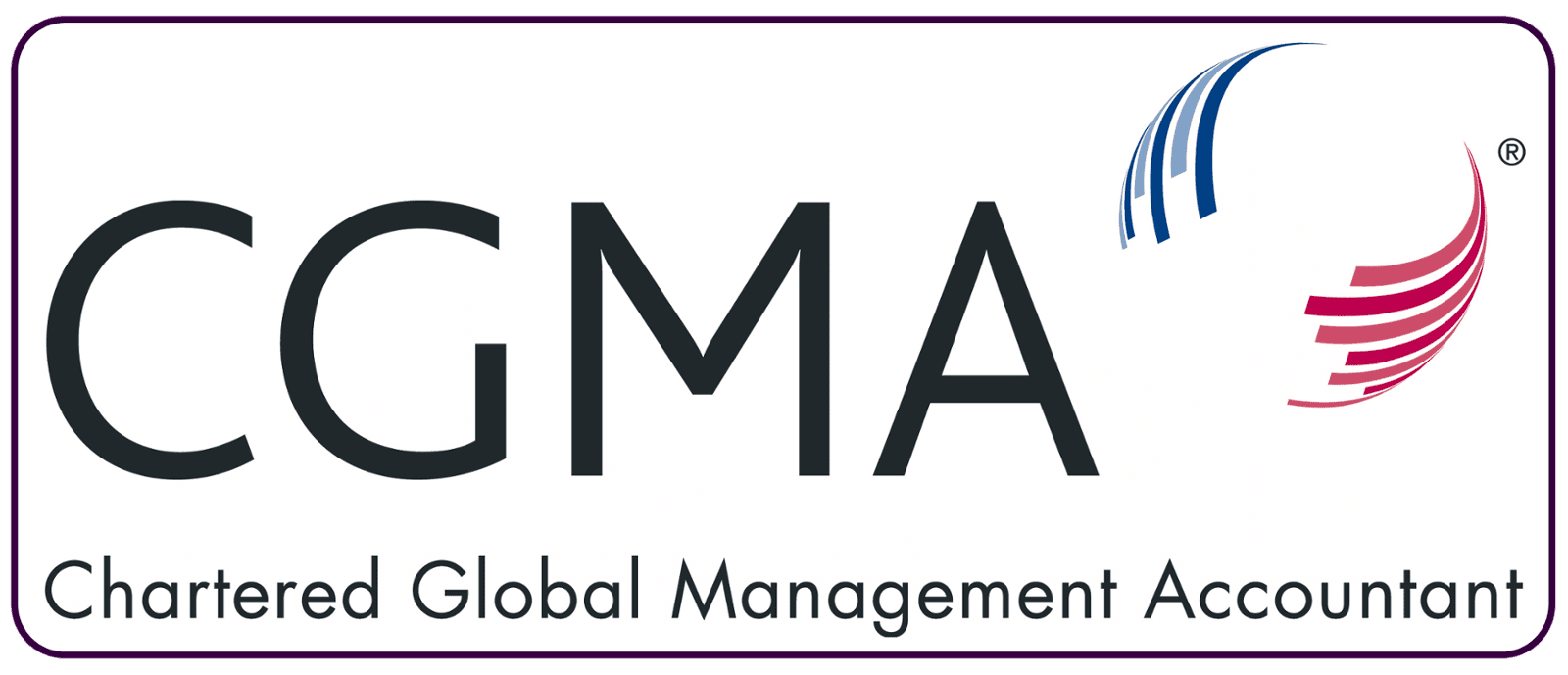Corporate Transparency Act (CTA) Disclosures of BOI
Starting January 1, 2024, a significant number of businesses are required to comply with the CTA. The CTA was enacted into law as part of the National Defense Act for Fiscal Year 2021 and requires the disclosure of the BOI of certain entities from people who own or control a company. The intent of the BOI reporting requirement is to help US law enforcement combat money laundering, the financing of terrorism, and other illicit activity.
The CTA is not a part of the tax code. Instead, it is a part of the Bank Secrecy Act, a set of federal laws that require record-keeping and report filing on certain types of financial transactions. Under the CTA, BOI reports will not be filed with the IRS, but with the Financial Crimes Enforcement Network (FinCEN), another agency of the Department of Treasury.
Below is some preliminary information for you to consider as you approach the implementation period for this new reporting requirement. This information is meant to be general-only and should not be applied to your specific facts and circumstances without consultation with competent legal counsel and/or other retained professional adviser.
What entities are required to comply with the CTA’s BOI reporting requirement?
Entities organized both in the US and outside the US may be subject to the CTA’s reporting requirements. Domestic companies required to report include corporations, LLCs, or any similar entity created by the filing of a document with a Secretary of State or any similar office under the law of a state or Indian tribe.
Domestic entities that are not created by the filing of a document with a Secretary of State or similar office are not required to report under the CTA.
Foreign companies required to report under the CTA include corporations, LLCs, or any similar entity that is formed under the law of a foreign country and registered to do business in any state or tribal jurisdiction by filing a document with a Secretary of State or any similar office.
Are there any exemptions from the filing requirements?
There are 23 categories of exemptions. Included in the exemptions list are publicly traded companies, banks and credit unions, securities brokers/dealers, public accounting firms, tax-exempt entities, and certain inactive entities, among others. Please note these are not blanket exemptions and many of these entities are already heavily regulated by the government and thus already disclose their BOI to a government authority.
In addition, certain “large operating entities” are exempt from filing. To qualify for this exemption, the company must:
a) Employ more than 20 people in the US
and
b) Have reported gross revenue (or sales) of over $5M on the prior year’s tax return
and
c) Be physically present in the US
Who is a beneficial owner?
Any individual who, directly or indirectly, either:
a) Exercises “substantial control” over a reporting company
or
b) Owns or controls at least 25% of the ownership interests of a reporting company
An individual has substantial control of a reporting company if they direct, determine or exercise substantial influence over important decisions of the reporting company. This includes any senior officers of the reporting company, regardless of formal title or if they have no ownership interest in the reporting company.
The detailed CTA regulations define the terms "substantial control" and "ownership interest" further.
When must companies file?
There are different filing timeframes depending on when an entity is registered/formed or if there is a change to the beneficial owner’s information.
1) New entities (created/registered in 2024) — must file within 90 days
2) New entities (created/registered after 12/31/2024) — must file within 30 days
3) Existing entities (created/registered before 1/1/24) — must file by 1/1/25
4) Reporting companies that have changes to previously reported information or discover inaccuracies in previously filed reports — must file within 30 days
What sort of information is required to be reported?
Companies must report the following information:
a) Full name of the reporting company
b) Any trade name or doing business as (DBA) name
c) Business addressd) State or Tribal jurisdiction of formatione) IRS taxpayer identification number (TIN)
Additionally, information on the beneficial owners of the entity and for newly created entities, the company applicants of the entity is required. This information includes:
a) Name
b) Birthdate
c) Address
d) Unique ID number and issuing jurisdiction from an acceptable ID document (e.g., a driver’s license or passport) and an image of such document
Risk of non-compliance



